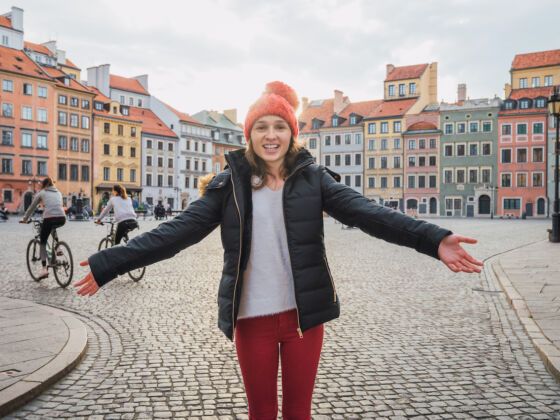1. Poland is not located in the polar circle.
There are no polar bears roaming free through snow-covered plains. It’s not freezing cold all year long. And no, we don’t all wear those ridiculous fur hats with earflaps. (Well, we didn’t before they became trendy.) Poland has a moderate climate with four properly marked seasons and summer here actually gets hot.
